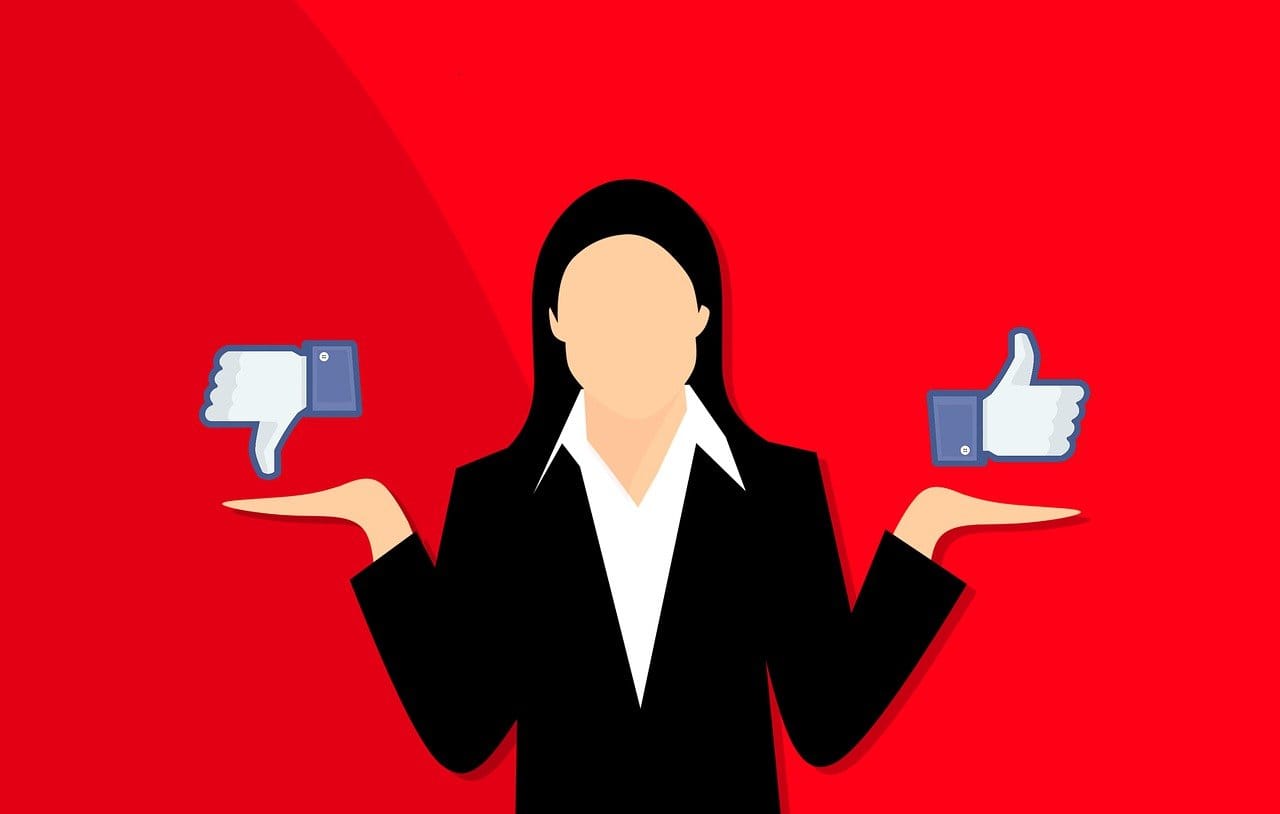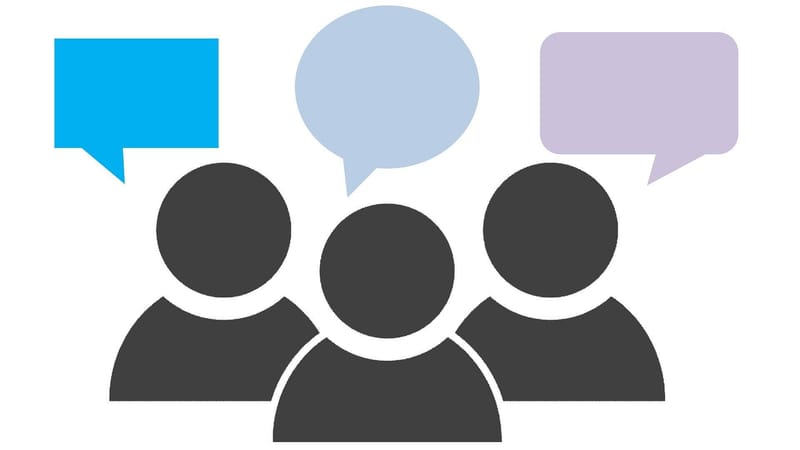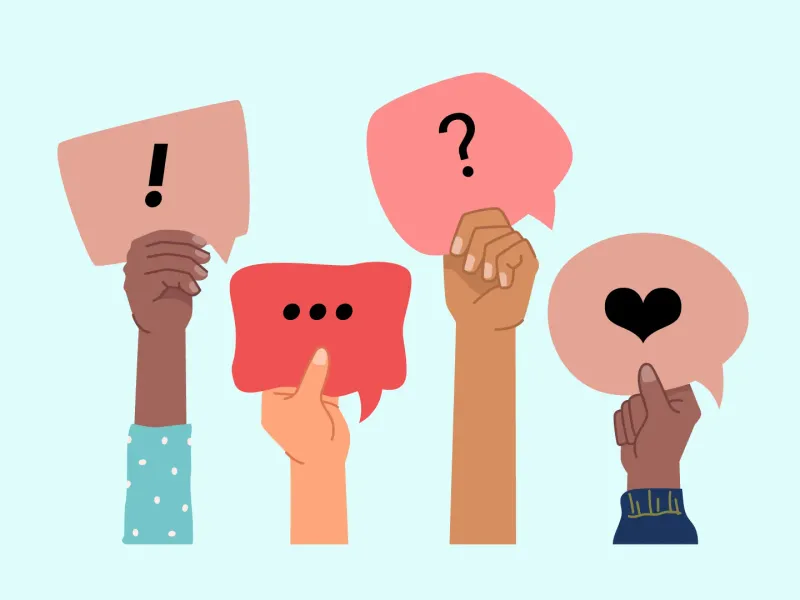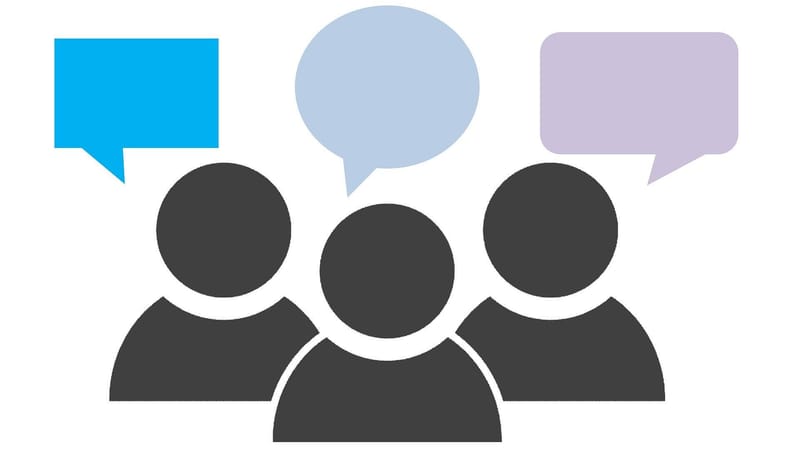Tim Pennings: Empathy
Realized or not, empathy does seem essential for living well in community.

EDITOR'S NOTE: The views and opinions expressed are those of the writer and not of Ottawa News Network.
Readers, meet Jim and Tom — Tim’s internal discussion team.
Jim: I just heard a story on NPR. Some conservative Christians agree with Elon Musk that the fundamental weakness of Western civilization is empathy. Musk argues that too much empathy can destroy a civilization and cause a person to actually “suicide themselves.” Others claim that “empathy is dangerous. Empathy is toxic. Empathy will align you with hell.”
Tom: Empathy is bad?! As I understand, sympathy is feeling sorry for someone, while empathy goes a step further: feeling badly for someone because you imagine yourself — or actually have been — in their situation. How can that be bad? Granted, we don’t always live up to our highest ideals, but we have never rejected them. We have never called a good thing bad. Trial by jury of one’s peers is based on empathy. Abraham Lincoln said, “As I would not be a slave, so I will not be a master.” His ethic was built on empathy.

Jim: But Lincoln’s empathy concerned not harming others. These conservatives are questioning to what extent we should be helping others. The president of the Southern Baptist Theological Seminary hosted the author of “The Sin of Empathy” in his podcast. He claimed that “empathy almost needs to be struck from the Christian vocabulary.”
Tom: Struck from Christian vocabulary? Doesn’t that thinking run counter to Jesus’s Golden Rule and the commandment, “Love thy neighbor as thyself?” Wasn’t Jesus’ coming to earth the supreme example of empathy — of becoming human — a man of sorrows acquainted with grief so that he could be an empathetic advocate?
Jim: Agreed, but Musk’s statement about suicide reminds me of “Lifeboat Ethics.”
Tom: What’s that?
Jim: My version: Imagine a lifeboat filled to capacity with 50 middle-aged men from a sinking cruise ship and all around are similar men perishing in the water. Those in the water plead for help. Occasionally, a man in the lifeboat feels so badly that he changes places with a man in the water. What’s the end result? Fifty will still be saved, but they will all be ones who care mostly for themselves. The virtuous die. Similarly, because of empathy, there is a degradation of society because the virtuous give their resources to the non-virtuous. In time, society suffers and degrades.
Tom: But empathizing with and helping others doesn’t hurt us; it helps us become better people. Isn’t empathy necessary and sufficient to both instruct and motivate us to live moral lives? Isn’t it the universal foundation of moral living? What else helps us understand others than to “walk a mile in their moccasins.”
Jim: But we’ve only walked in certain moccasins. Acting according to empathy is dangerously self-centered because we empathize more easily with folks similar to us. Remember Elian Gonzalez, the Cuban boy who was snatched from his father by his relatives so they could bring him to the U.S. The case split America. Some empathized with the boy — they wanted him to enjoy the freedom and opportunities in the U.S. Others empathized with the father — his son had just been taken from him. Or a darker example: Why did some Roman Catholic bishops not take appropriate action against priests who abused children? These bishops weren’t uncaring. But as priests themselves with no children of their own, it was likely easier for them to empathize with fellow priests. It took the judicial system from the outside world to set things right.
Tom: Yes, that likely explains many recent presidential pardons of folks like himself, all while showing no empathy for thousands who have been deported. The key, then, is to develop disciplined imagination to empathize even with those unlike ourselves. Lincoln described it as following “the better angels of our nature.” Those better angels were inscribed on Lady Liberty: “Give me your tired and poor, [those] yearning to breathe free."
Jim: However, even though it may be good for individuals to be empathetic, does that mean that nations should be? Should personal virtues translate to societal/governmental ones?
Tom: Good question. But either way, empathy should start with the individual. Opportunities abound. Does one give $19/month to starving dogs or to Shriner children or to wounded veterans? Realizing our connectedness with others, we must make tough choices about who and how to help.
Jim: Perhaps Musk and others against empathy are so rich/powerful that their autonomy separates them from others. But realized or not, empathy does seem essential for living well in community.
Tom: Exactly.
How to submit an opinion
Ottawa News Network accepts columns and letters to the editor from everyone. Letters should be about 300 words and columns should not exceed 1,000 words. ONN reserves the right to fact-check submissions as well as edit for length, clarity and grammar. Please send submissions to newsroom@ottawanewsnetwork.org.




